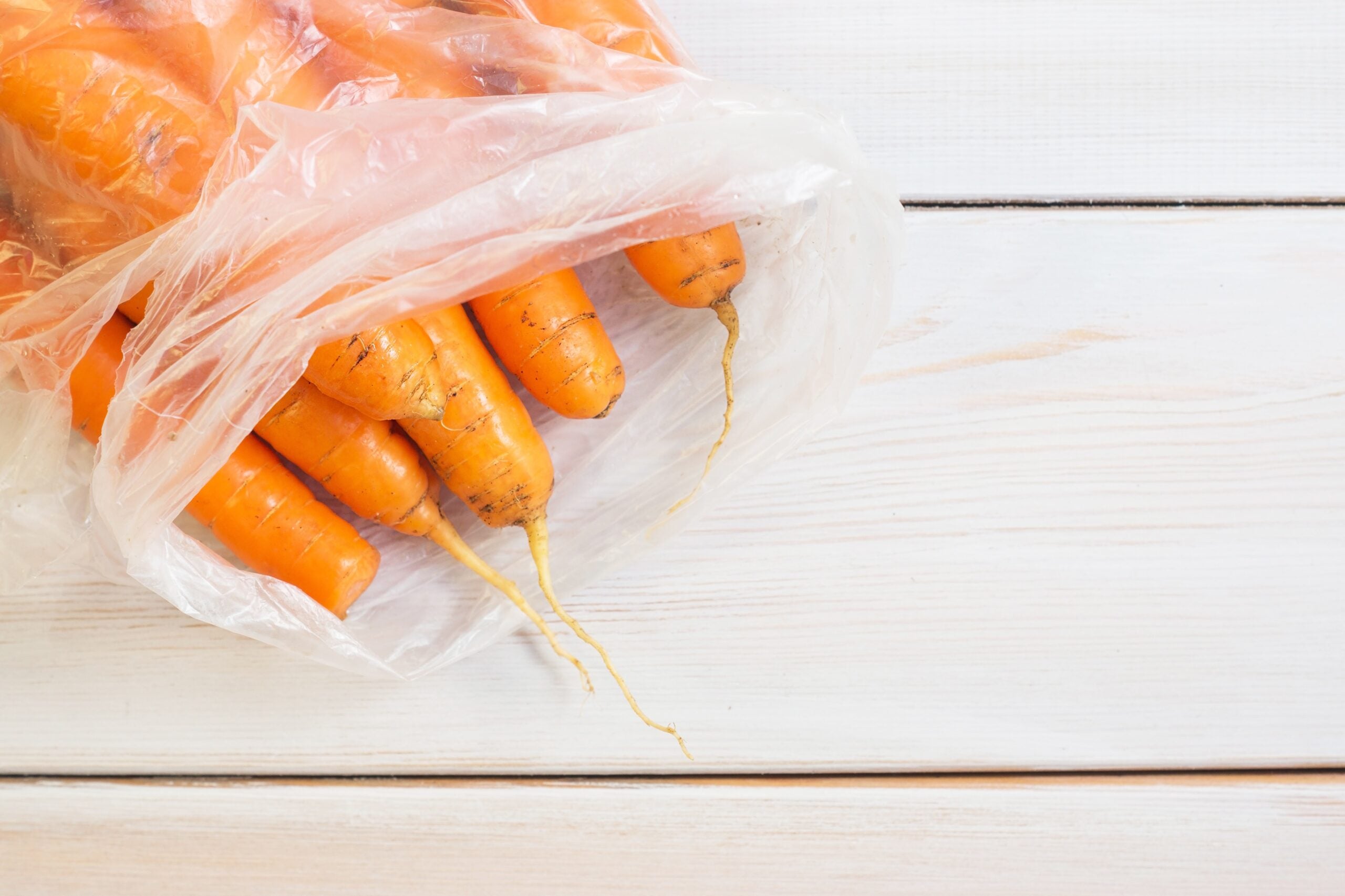
France has introduced a ban on selling fresh fruit and vegetables in plastic packaging, with the first phase coming into force in January.
Under laws introduced in 2020 to shape France’s transition to a circular economy, the latest initiative from the environment ministry is aimed particularly at reducing single-use plastic packaging. It said 37% of fruit and vegetables are currently sold in France wrapped in plastic.

Discover B2B Marketing That Performs
Combine business intelligence and editorial excellence to reach engaged professionals across 36 leading media platforms.
From 1 January, 30 items will come under the plastics ban, including carrots, aubergines, tomatoes, onions and courgettes, a measure the ministry said will be a “lever in changing our consumption habits that generate waste”. Bananas, oranges, apples, kiwi fruit, melons and passion fruit also feature on the initial list.
A second stage applies to peaches, apricots and other ripe fruits, and green beans and cherry tomatoes, where the plastics packaging ban will be enforced from the end of June 2023.
A year later, asparagus, mushrooms, some salads and herbs, and cherries, with come under the restrictions. By 2026 “at the latest”, the full ban takes effect.
“Resulting from a broad consultation of stakeholders, economic actors and representatives of civil society, the decree provides a timetable for finding and deploying alternative solutions by June 30, 2026, for fruits and vegetables presenting a significant risk,” the ministry said.

US Tariffs are shifting - will you react or anticipate?
Don’t let policy changes catch you off guard. Stay proactive with real-time data and expert analysis.
By GlobalData




